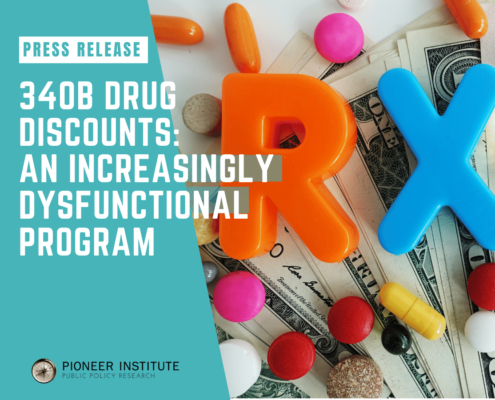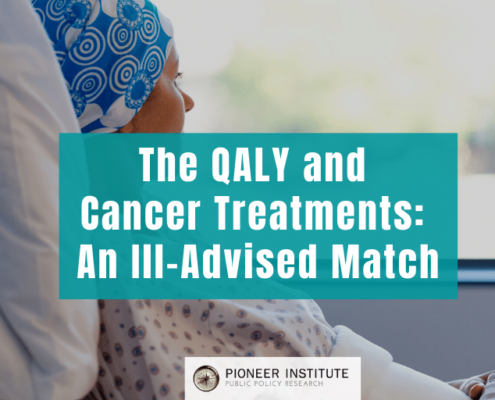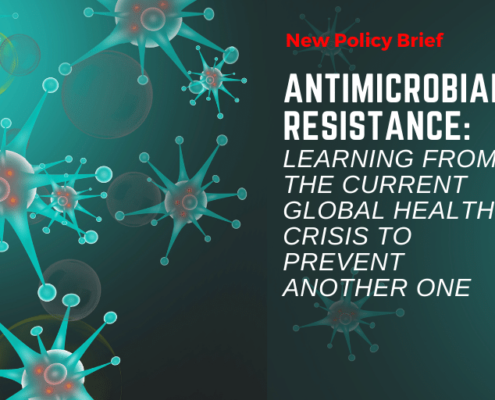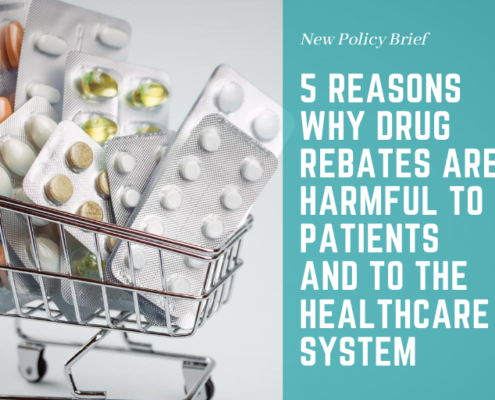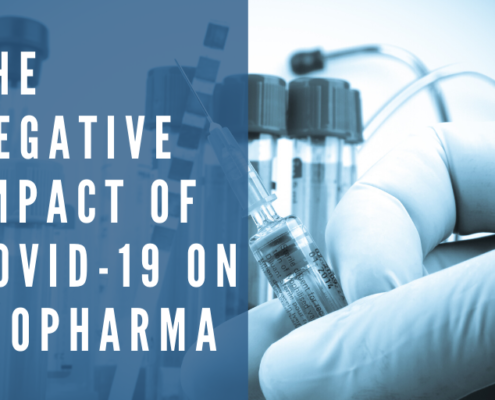Is CHIA’s Drug Cost Data Reliable?
Earlier this year, the Center for Health Information and Analysis (CHIA) released its Annual Report on the Performance of the Massachusetts Health Care System for 2020. The Massachusetts Legislature relies on CHIA data when considering bills to regulate drug costs and prices.
As the advocacy group Health Care for All breathlessly reported about CHIA data, “Prescription drug spending grew by 7.7 percent in 2020, more than twice the benchmark even after accounting for drug rebate discounts. Prescription drug costs remain a concern for many Massachusetts residents.”
The growth percentage the group cited immediately raised red flags, as it is an outlier amount compared with many other sources of drug cost data. The most reliable data on prescription drugs indicates that spending in 2020 was essentially flat. The well-respected consulting group IQVIA concluded: “(S)pending growth slowed in 2020 to less than 1%.” The IQVIA analysts seem to speculate that drug costs flattened because the pandemic suppressed volume as fewer people filled their prescriptions. Spending on medicine did spike up 12.1% in 2021 primarily due to COVID vaccine and therapeutics but when these COVID drugs were excluded, growth was only 4.9% in 2021.”
Moreover, the future looks to entail very modest growth, if not declines in drug costs. Here is what IQVIA concludes: “Over the next five years, medicine spending will grow between 2–5% on an invoice basis and 0–3% after off-invoice discounts and rebates.”
Other reputable data sources indicate that drug prices have dropped for four straight years and were unlikely to have contributed to cost growth in 2020. How could CHIA conclude that spending grew by 7.7 percent in 2020? I can only speculate.
To arrive at actual spending numbers for prescription drugs, analysts need to look at drug list prices, i.e., sticker prices, and then deduct any rebates or other discounts provided by drug companies. No one would study spending on cars by looking at the stickers on the windows in the dealers’ car lots; one would need to know about any price cuts, discounts, rebates, or other price concessions given to actual consumers.
So, I wrote to CHIA and asked them, “how do you assemble the data on discounts provided by drug makers?” They politely replied and told me that they wrote to pharmacy benefit managers (PBMs) — the companies that negotiate discounts on behalf of health plans — and asked them to voluntarily report to CHIA on their “rebate” levels.
The problem with this methodology is that it may exclude “fees” paid by pharmaceutical manufacturers to PBMs. According to a 2019 study by the Pew Charitable Trust, fees paid by drug companies to PBMs had quadrupled and between 2014 and 2016 had reached about the same level as drug rebates. These fees are often structured in the identical fashion as rebates and other discounts, i.e., as a percentage of the drug’s list price. One can speculate that the “drug rebates” paid to PBMs have become politically problematic, so PBMs may decide to shift from rebates to “fees.”
If the trends toward fees identified by Pew continued from 2016 until the present, then fees paid to PBMs now significantly eclipse rebates paid to PBMs. This is speculation, but well-informed speculation.
It raises an important data question for CHIA: do they have confidence that when PBMs self-reported their rebates, they also included fees paid by drug makers? I actually asked the analysts at CHIA if they were confident that the PBMs had reported fees. While they were polite and professional, they could not really answer my question definitively. How could they? The PBMs were self-reporting a narrow slice of data, not showing CHIA their financial statements.
If the PBMs had failed to report the fees paid by drug companies, then CHIA may have overestimated drug cost growth by more than 50 percent. The analysts at CHIA seem to be honest and conscientious, and I am in no way asserting that they are assembling the data in a sloppy fashion or in bad faith. However, I know from my background that the financial payments to PBMs from drug companies have been shifting. Does the CHIA data reflect that shift?
I cannot reach a definitive conclusion about whether the CHIA data is inaccurate; that would depend upon how comprehensive the PBM reporting was about the discounts provided by drug makers. And PBMs are opaque entities, so I have no way of knowing if the PBM reporting is accurate. The Legislature and other Massachusetts policy makers, however, may want to look into how accurately the PBMs are reporting their received discounts. Policy decisions should be made based upon the most reliable data.
William S. Smith, PhD, is Senior Fellow and Director of the Life Sciences Initiative at Pioneer Institute
Get Updates On Our Life Sciences Work!
Related Posts



